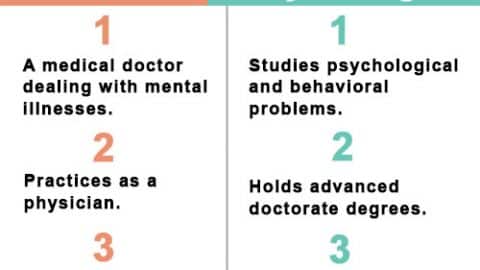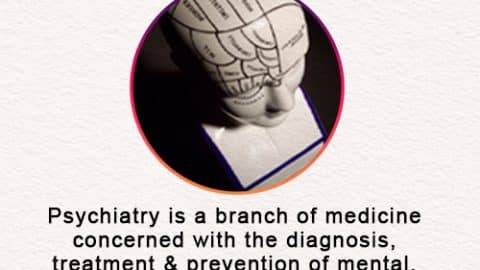In today’s society, every industry and profession encounters a diverse array of individuals, ranging from empathetic and kind-hearted souls to those who exhibit narcissistic tendencies. The presence of narcissism in different professions and careers raises an intriguing question: are there certain industries more prone to hosting narcissistic individuals, or at the very least, experiencing the harmful effects of their behavior?
Presence Of Narcissism in Different Professions and Its Complexity
Recent research has shed light on the likelihood of narcissists gravitating toward specific careers and professions, prompting a deeper exploration into this phenomenon.
Medicine: A High-Stakes Profession
One sector where the presence of narcissism may raise concerns is the field of medicine. The implications of narcissistic traits in this industry can be particularly worrisome, given the high stakes and the potential to impact vulnerable populations.
While healthcare professionals, on the whole, exhibit lower levels of dark triad traits, a closer look reveals some variations. Research studies have uncovered a concerning prevalence of bullying among nurses and a higher degree of secondary psychopathy, characterized by anxiety and impulsivity, among nursing professionals.
Additionally, surgeons have been found to display significantly higher levels of narcissism. It is essential to emphasize that these findings do not paint all healthcare professionals with a broad brush, as there are numerous empathetic and compassionate individuals in this field.
Nevertheless, these discoveries offer insights into the diversity of personalities within the medical profession, with some practitioners exemplifying empathy and care while others exhibit callousness and entitlement.
Law Enforcement: A Complex Landscape
The realm of law enforcement is another area of interest when examining the presence of narcissistic traits.
A study involving 1,173 police officers, conducted by Papazoglou and colleagues in 2019, revealed that 94.7% of participants exhibited moderate levels of narcissism, with 70% displaying moderate levels of Machiavellianism, a component of the dark triad traits. Fortunately, the study noted lower levels of psychopathy among police officers.
This data suggests that while many individuals join law enforcement with noble intentions to protect and serve, there is a significant presence of narcissistic traits within the profession. Moreover, high levels of compassion fatigue and burnout were associated with an increase in all three dark triad traits.
These findings underscore the potential for narcissistic individuals to seek positions of power and authority within law enforcement, which can have severe consequences when combined with excessive use of force, particularly when innocent civilians become targets.
CEOs: A Hub for Narcissism
Chief Executive Officers (CEOs), the leaders of the corporate world, are another group that has garnered attention in the discussion of narcissism in the workplace.
While it is crucial to acknowledge the diversity of CEOs, ranging from compassionate leaders to more ruthless individuals, experts suggest that narcissism is more prevalent among CEOs than in the general population.
A Harvard study involving 179 CEOs further supported this notion, revealing that up to 18 percent of CEOs could be considered narcissistic. The competitive nature of the business world and the pursuit of top positions may contribute to this prevalence of narcissistic traits among CEOs.
The Broader Picture
In examining the careers that narcissists may be drawn to, it is essential to recognize that individuals with narcissistic traits can infiltrate any profession. No career is entirely immune to their presence, but some may serve as popular hotspots.
Further research indicates variations in the career choices of grandiose narcissists and vulnerable narcissists. Grandiose narcissists tend to gravitate towards jobs in fields such as science and business, reflecting their assertive and self-assured nature.
In contrast, vulnerable narcissists often opt for careers that involve more social and artistic elements. Additionally, psychopaths have been found to favor positions in physical science, engineering, and adventurous roles, aligning with their thrill-seeking and sensation-seeking tendencies.
In conclusion, while the prevalence of narcissistic traits varies across different professions and industries, it is important to remember that no career is entirely immune to their presence.
By shedding light on this phenomenon, we can better understand the complex interplay of personality traits within various careers and work towards creating more empathetic and compassionate work environments.















